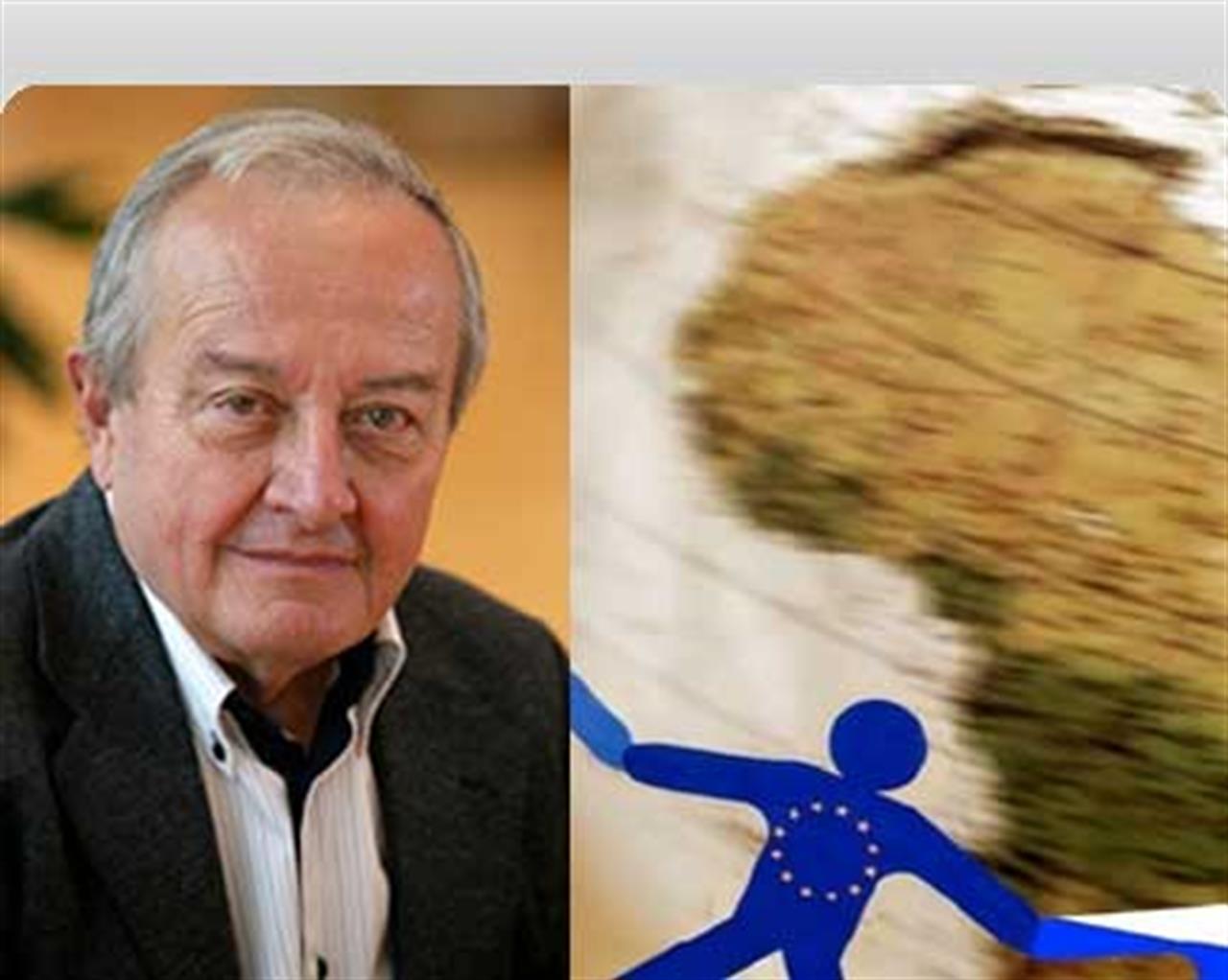Non profit
New integration forum sets immigration up as a resource, not a problem
Mario Sepi talks about the launches of the Integration Forum and website, as well as the EESC's civil society manifesto
di Staff

Mario Sepi is head of the European Economic and Social Committee (EESC) in Brussels.
He talks to Vita Europe on the importance of a European Integration Forum accessible to civil society, which was recently started on April 20; and states that immigrants’ integration in Europe should be seen as “a resource” for our societies and not as “a problem” as it is all too often done. He also introduces the EESC Civil Society manifesto, which was launched last April 15, ahead of the European parliamentary elections.
Where did the idea to launch a forum on integration, and accompanying website, come from?
The idea was formally born in 2005, with the Hague Programme. The Commission’s Communication “A Common Agenda, for Integration: Framework for the Integration of Third-Country Nationals in the European Union” reaffirmed that a comprehensive approach, involving stakeholders at all levels, is essential for the success of integration policies. It further stated that the Commission would bring together a range of stakeholders active in the area of integration at a EU level, setting up a European Integration Forum and a Web Site on Integration.
What is the European Integration Forum’s objective?
The objective of the European Integration Forum is to provide a voice for representatives of civil society on integration issues.
The Forum, which was launched yesterday 20th April at the EESC, together with the new integration portal www.europeanintegration.eu, will not be an exclusive platform of dialogue or representation of civil society organisations, but instead, it will be a European platform, which added value will be to exchange views on the EU activities in the field of integration and to provide NGOs with an occasion to discuss issues, problems, views and/or priorities with European institution representatives.
How easy do you see the integration process in Europe as being?
The integration process has been and always will be a long process, marked at times by delays, reluctance and vetoes, but one which has also seen substantial steps forward. It is a two-way process based on the rights and responsibilities of immigrants as well as their host societies. And that is why we have continued to push for a genuine participatory integration policy, not least since our ongoing dialogue with civil society has made clear its huge expectations in this regard.
It is no coincidence that all our opinions have remained free of the foul stench of xenophobia. Right now, I feel that all too often, the “integration of immigrants” is being seen as a problem in our societies, whereas I feel as if it should be clearly seen as a resource.
What kind of role should European civil society have in this?
It is very important! European civil society is the result of a process of integration where the meeting of cultures and people has always been a genuine source of mutual enrichment. Furthermore, the European integration model is one which is based on solidarity: discrimination and failure to offer a real integration that goes beyond the mere reception of people would mean that the EU and its civil society would be betraying its fundamental vocation.
Could you tell me why you think it was important to publish your recent civil society manifesto ahead of the June elections?
I think that the June elections represent a key moment of great expectations for civil society: citizens and their organisations have to be addressed clearly and fundamentally by the EU and the new institutions that will lead Europe in the coming years. That is precisely why, in our Programme for Europe we have tried to make civil society’s main challenges and needs heard at the highest European level in a long term and comprehensive perspective. Indeed, our 22 thematic issues and 179 concrete proposals tackle the main problems that our societies are dealing with: economic recovery, application of rights and the European social model, sustainable development and governance.
What would you say needs to be changed regards civil society’s role in the EU?
I don’t think that civil society’s voice is being heard enough right now.
It is mainly a question of governments’ responsibilities and the crisis of politics as a whole. Initially, this involves European issues which are still strongly perceived as too far, too bureaucratic or too unlinked with national problems. I think Europe has to seriously tackle the problem of managing complexity and globalisation by putting civil society at the centre of its main concerns and priorities.
Because only civil society can be the real protagonist of change and bring about a new input to European development.
Cosa fa VITA?
Da 30 anni VITA è la testata di riferimento dell’innovazione sociale, dell’attivismo civico e del Terzo settore. Siamo un’impresa sociale senza scopo di lucro: raccontiamo storie, promuoviamo campagne, interpelliamo le imprese, la politica e le istituzioni per promuovere i valori dell’interesse generale e del bene comune. Se riusciamo a farlo è grazie a chi decide di sostenerci.
